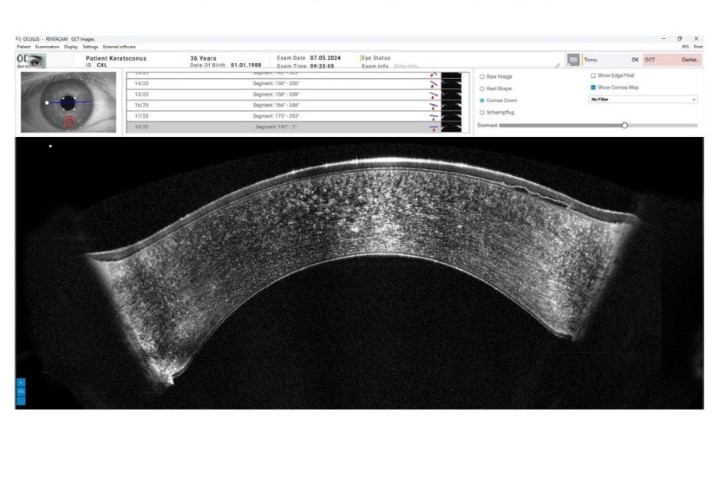Turmeric eye drops for glaucoma?
A derivative of turmeric could be used to treat the early stages of glaucoma, according to a study led by University College London (UCL) and Imperial College London (Imperial) researchers, who say they have found a way to overcome the challenge of curcumin’s poor solubility and deliver it directly to the back of the eye using eye drops.
Researchers say to find a more reliable method to deliver curcumin they developed a novel nanocarrier, with the curcumin contained within a surfactant combined with a stabiliser, both of which are known to be safe for human use and are already in existing eye products. They say the nanocarrier can be used in eye drops to deliver much higher loads of curcumin than other products in development, increasing the drug’s solubility by a factor of almost 400,000, and localising the curcumin in the eyes instead of throughout the body. They found after twice-daily use of eye drops in rats for three weeks, retinal ganglion cell loss was significantly reduced compared to matched controls, and the treatment was found to be well-tolerated with no signs of eye irritation or inflammation.
Stopping the loss of retinal ganglion cells, a type of neuron located near the surface of the retina, early on has not yet been achieved, so it is a key focus of glaucoma research. Curcumin has previously been shown to protect retinal ganglion cells when administered orally, but oral administration is difficult because curcumin has poor solubility and would require people to take large amounts of tablets (up to 24 a day) that may cause gastrointestinal side effects.
“Curcumin [extracted from the yellow spice turmeric] is an exciting compound that has shown promise detecting and treating the neurodegeneration implicated in numerous eye and brain conditions from glaucoma to Alzheimer’s disease, so being able to administer it easily in eye drops may end up helping millions of people,” said the study’s lead author, UCL and Imperial professor Francesca Cordeiro.
Having found an effective way to deliver curcumin, the researchers say they are hopeful that it could also be used to diagnose Alzheimer’s disease, as curcumin is known to bind to the amyloid beta protein deposits implicated in Alzheimer’s, and can be detected in the retina with fluorescence to highlight the malignant proteins.


























